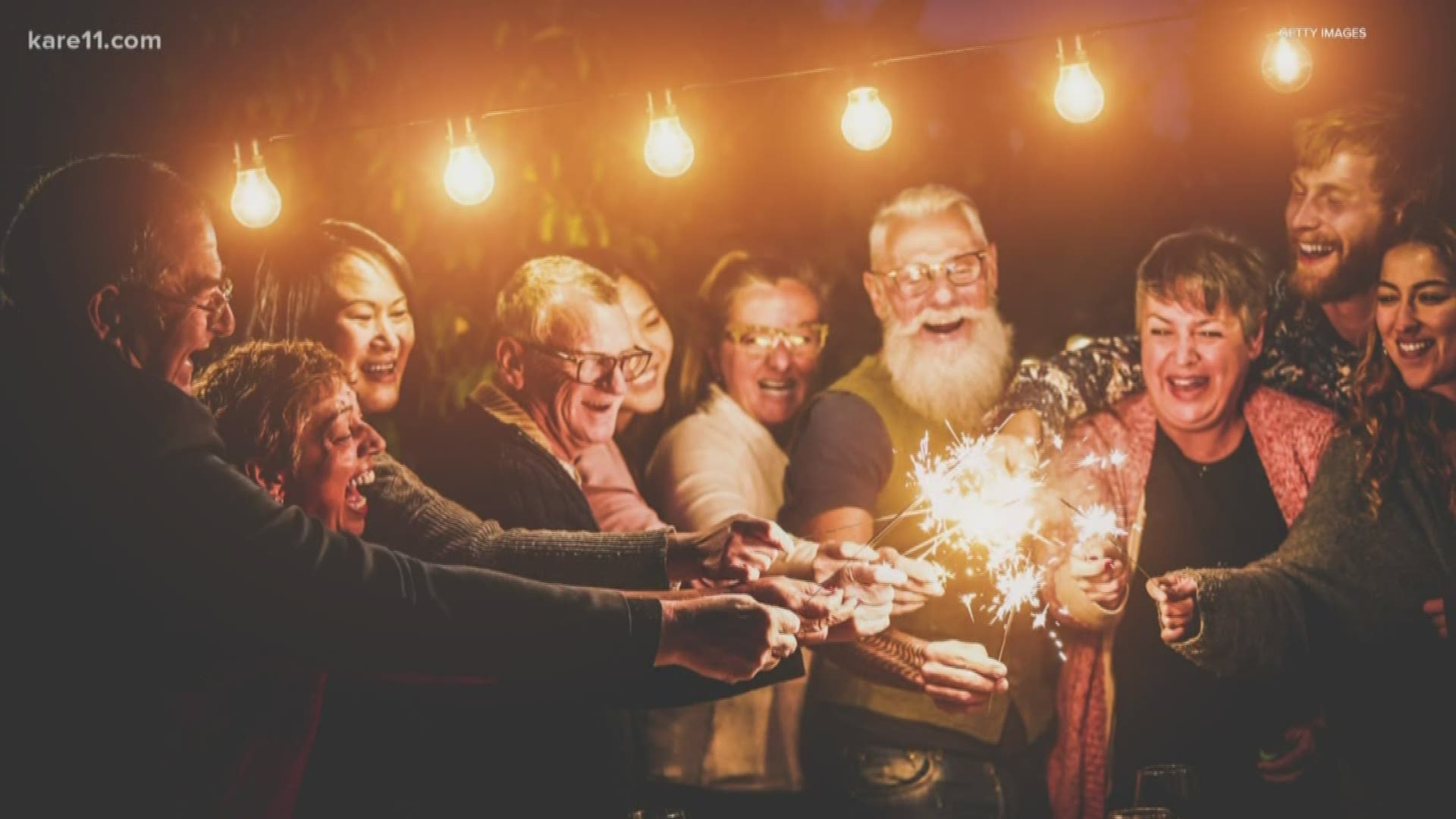GOLDEN VALLEY, Minnesota — As we get ready to ring in the new year, consider leaving this in 2019: negativity.
A recent essay in the Wall Street Journal titled "For the New Year, Say No to Negativity," explores how bad experiences affect us more powerfully than good ones. The essay by John Tierney and Roy F. Buameister discusses how recognizing this can help us fight against negativity bias.
"We human beings are hardwired to focus on the negative more than the positive. There's 50 years of research that backs that point up. So it's hard to not be negative," said William Doherty, a professor of family social science at the University of Minnesota.
Focusing on the negative was a survival mechanism. Doherty explained, "We evolved to avoid risks... you're walking out near the forest... you both hear a sound and one of you says, 'That could be a tiger. I'm getting out of here.' And the other says, 'Oh, it's probably just a bird.' Well then that person gets eaten by the tiger."
But in today's world, it's made it easier to dwell on the negative. For example, if 10 people say something positive to you and one person says something negative, the negative comment generally stays with you.
"It doesn't mean we're predetermined to always be negative but it's so powerful, so pervasive, that it's good for us to keep it in mind as we live our lives," Doherty said. "Being aware of our tendency to go negative can allow us to get a little distance from it and then not let it dominate us."
The authors of the WSJ article recommend keeping in mind the rule of four. Many studies have shown that something negative typically has at least three times the impact of a comparable positive one. While it's not a guarantee, the thinking is you need four good things to overcome one bad thing. They also said it helps to capitalize on the good moments and then relive them. For example, sharing good news with loved ones makes it more significant.
"Since we know that negatives tend to stay with us longer than positives... we can train ourselves to focus on positives," Doherty said.
Studies have shown practicing gratitude can improve mental health. That includes regularly writing down what you're grateful for.
"That can just shift your mind, shift your consciousness. Because it's there. Most of us have more positives than negatives in our life, it's just the negatives tend to stand out to us more. So we can make ourselves emphasize those things we're grateful for," Doherty said.
The WSJ essay was adapted from the authors' new book, "The Power of Bad: How the Negativity Effect Rules Us and How We Can Rule It." It goes on sale Dec. 31.

